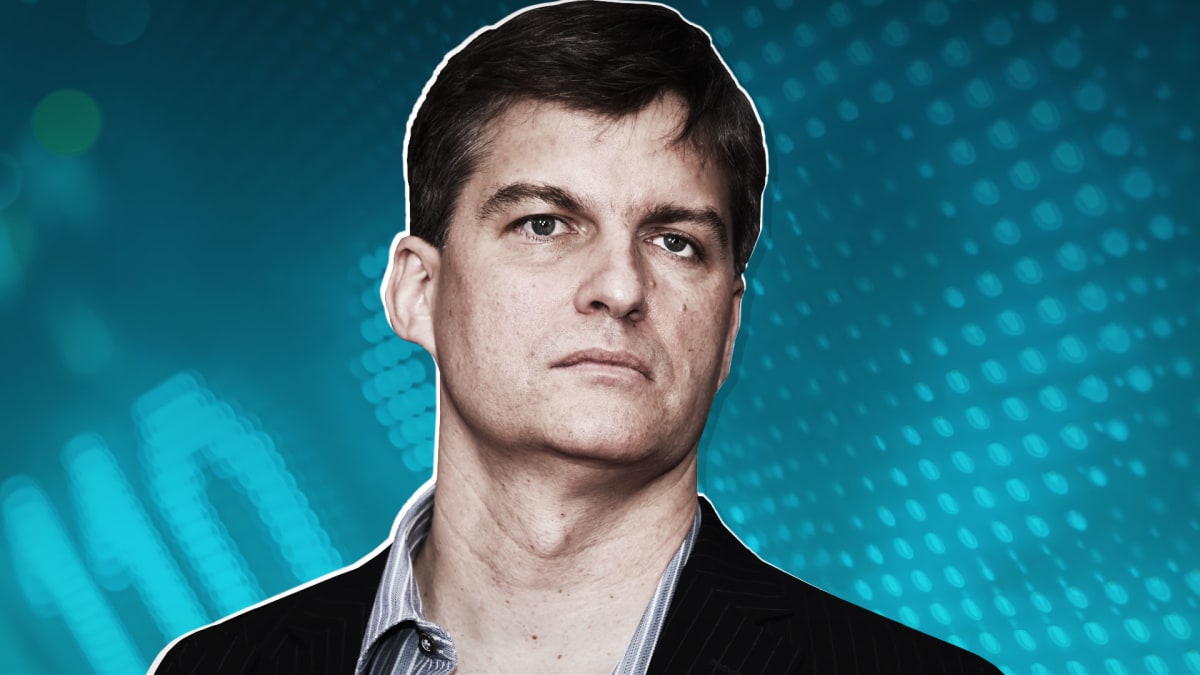
He is not happy and did not hesitate to let it be known.
Legendary investor Michael Burry was among the few dissenting voices to the emergency plan, unveiled on Mar. 12 by the Treasury Department, the Federal Reserve and the the Federal Deposit Insurance Corporation (FDIC), to avoid contagion from the collapse of Silicon Valley Bank and to calm global markets.
Shortly before the opening of financial markets in Asia and Europe, the three regulators announced extraordinary measures, amid fears in political and business circles that the shutdown of SVB would force its startup and small business clients to make difficult choices in order not to file for bankruptcy.
All depositors will have access to their funds on Monday March 13, the three regulators said, thus removing the uncertainty created two days earlier by a communication from the FDIC.
A New Loan Facility for Institutions
The FDIC took control of SVB (SIVB) after a bank run, caused by the firm’s announcement that it planned to raise $2.25 billion by issuing new common and convertible preferred shares to shore up its finances, following the sale of its bonds at a $1.8 billion loss.
The federal agency became the manager of $175 billion in customer deposits, including money from several startups and from some of the biggest names in the technology world. It created a new entity and indicated that unsecured depositors, that is, SVB customers with more than $250,000 in their accounts, would not, for the moment, have access to their money.
This announcement left much uncertainty about the ability of many startups to operate in the coming weeks, since their funds are locked up. The FDIC had also said that it would pay uninsured depositors an "advance dividend within the next week."
The question was how much this "advanced dividend" would amount to.
Companies with SVB accounts, lines of credit and credit facilities were wondering what this meant for them, when they would be able to access their funds, whether they would be able to get all their funds out, and whether they would have access to their credit lines.
The measures announced on Mar. 12 have completely dispelled these uncertainties. In addition, the Fed has stated that it is creating a new Bank Term Funding Program (BTFP), whose purpose will be to safeguard institutions impacted by the collapse of SVB.
This facility will provide loans, of up to one year in length, to banks, savings associations, credit unions, and other eligible depository institutions, pledging U.S. Treasuries, agency debt, mortgage-backed securities and other qualifying assets as collateral, the Fed said in a separate statement.
'People Full of Hubris and Greed Take Stupid Risks'
These assets will be valued at par, which means at their original value, regardless of the change in interest rates, the rise of which in recent months has reduced the value of long-term bonds purchased when rates were low.
This measure particularly irritated Burry.
"2000, 2008, 2023, it is always the same," the hedge fund manager, who became famous for his successful bet against the subprime mortgages that led to the 2008 Financial crisis, lambasted. "People full of hubris and greed take stupid risks, and fail. Money is then printed. Because it works so well."
For Burry, if every time companies and investors make mistakes and need to be rescued because the system is supposedly at risk, greed and bad actors are encouraged, he seems to say.
Burry seems to be of the opinion that we shouldn't have helped these bad actors so much.
For several months, the founder of Scion Asset Management has been predicting a stock market crash. In recent days he compared Silicon Valley Bank to disgraced broker Enron, which collapsed in 2001, after a scandal over its accounting practices.
He then predicted that another big bank was going to fall, referring to it as WorldCom, the second largest long-distance operator in the United States, which admitted having artificially inflated its profits by some $3.8 billion back in 2002.
The collapse of Enron, followed a few months later by that of WorldCom, shook world finance.







